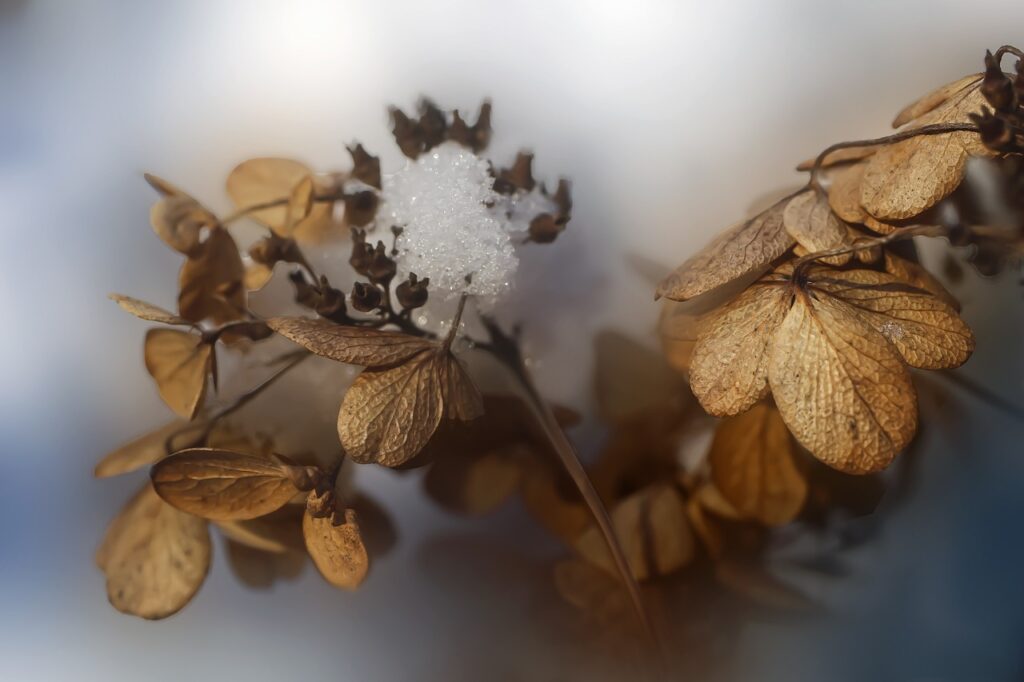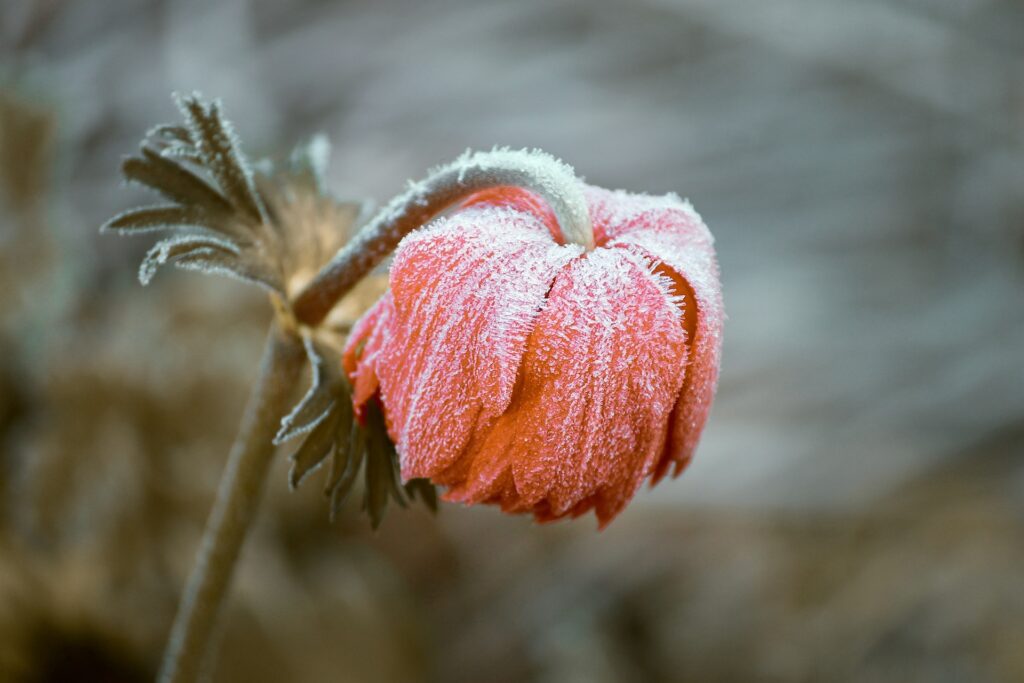Winter can be cruel to your garden, especially when frost starts to settle in. As temperatures drop, your once-vibrant garden may face the risk of damage. However, with the right strategies and a little bit of preparation, you can preserve the beauty of your outdoor space even during the coldest months. Here, P.O.P.S. Landscaping discusses winter frost and several ways to combat the winter season.
Understanding Winter Frost and Its Impact
Before we dive into protective tips for your garden, it’s essential to understand what frost is and how it can affect your plants. Frost occurs when temperatures drop low enough to freeze the water vapor in the air, creating ice crystals. These ice crystals can damage plant cells and disrupt their normal functions. Identifying frost-prone areas in your garden is the first step in devising an effective protection plan.
Choose Frost-Resistant Plants
When planning your garden, consider incorporating plants that are more resistant to frost. Native and cold-hardy plants are better equipped to withstand winter conditions. Consult with your local nursery or the professional landscapers at P.O.P.S. Landscaping to select plant varieties that thrive in your specific climate. A few crops to consider are broccoli, cabbage, cauliflower, and Brussels sprouts.
Mulch Matters
Mulching is a powerful technique to insulate your soil and protect plant roots from extreme temperatures. Apply a thick layer of organic mulch, such as straw or bark, around the base of your plants. Mulch acts as a natural insulator, preventing rapid temperature fluctuations and reducing the risk of frost damage.
Water Wisely
Watering your plants is still crucial for winter garden care. While it might be tempting to reduce watering during colder months, plants still need water to survive. Water your garden in the morning so that excess moisture has time to evaporate before temperatures drop in the evening. Be cautious not to overwater, as waterlogged soil can contribute to frost damage.


Cover Plants
For particularly sensitive plants, consider covering them with trash bags or old bedsheets on frosty nights. This protective layer traps heat close to the plant and shields it from the direct impact of frost. Remember to remove the covers during the day to allow sunlight and air circulation.
Pruning for Winter
Pruning helps your plants redirect energy to essential branches, making them more resilient to frost. Trim any dead or damaged branches, and shape your plants to encourage a strong structure. Avoid heavy pruning in late fall, as it can stimulate new growth that may be susceptible to frost damage.
Monitor Weather Conditions
Stay informed about upcoming weather, especially during the colder winter months. Knowing when frost is expected allows you to take timely protective measures. Utilize weather apps on your mobile device or subscribe to local gardening services that provide frost alerts.
Consider A Warmer Location
If you have several potted plants, they are more vulnerable to extreme cold temperatures. Move containers and potted plants to a warmer location, such as a garage or covered patio. This can extend the life of your plants during the winter months. Grouping pots and plants together also provides additional insulation.
Consult With The Professionals
For a customized approach to winter garden care, consider consulting with P.O.P.S. Landscaping. We can assess your garden’s specific needs and provide tailored solutions to ensure its well-being throughout the winter season. If you are unsure about your garden or plants, give us a call and one of our professional landscapers can assist with your plant knowledge and give you the tips you need to succeed.


Call Us Today!
In Winter, preserving your garden from frost requires a combination of planning and proactive landscaping measures. By understanding the unique needs of your plants, implementing protective techniques, and staying vigilant about weather conditions, you can enjoy a thriving garden even when the temperature drops. Winter may bring challenges, but with the right care, your garden can remain a beautiful oasis all year round.
Remember, each garden is unique, so adapt these tips to suit the specific requirements of your outdoor space. If you need help or have questions, be sure to give us a call ASAP! We are happy to help give you the tips and tools to survive the winter frost.



